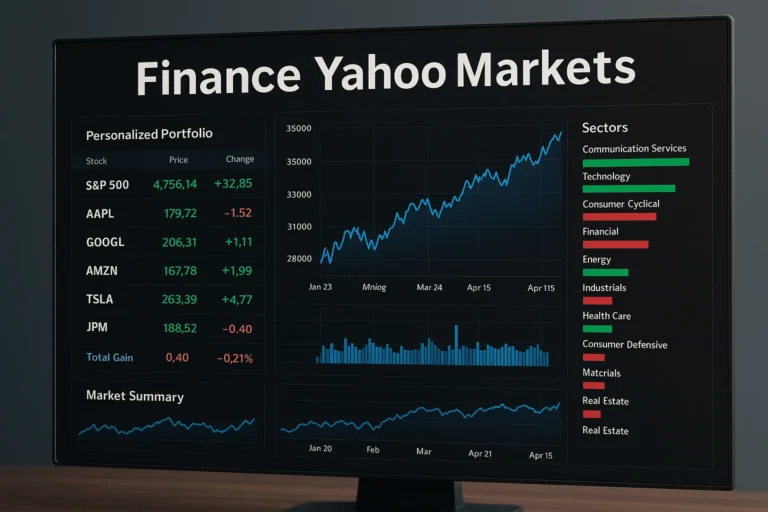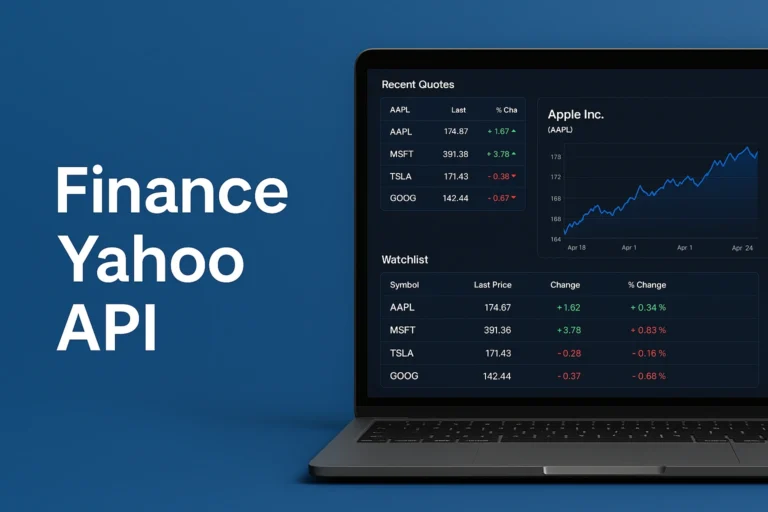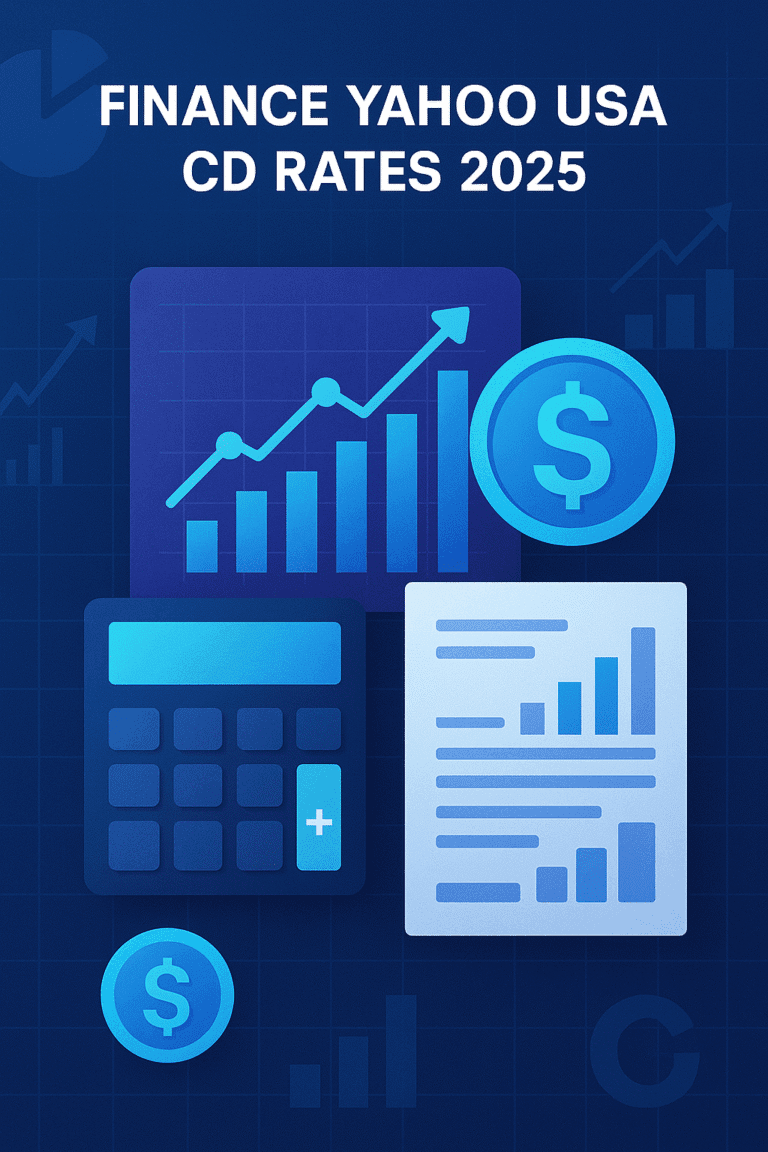
Financial Planning Questions to Ask When Starting a Business. Starting a business is an exhilarating journey filled with innovative ideas, entrepreneurial passion, and the promise of building something unique. However, one of the most critical elements that many new business owners overlook is financial planning. A robust financial strategy can be the difference between long-term success and unexpected setbacks. Asking the right questions about your finances is essential to ensure your business is on solid ground from day one. This article dives into a series of Financial Planning Questions to Ask that will guide you through budgeting, forecasting, cost management, and funding strategies in a friendly, easy-to-understand manner.
Financial Planning Questions to Ask: What is My Startup Budget?
One of the very first steps when embarking on your entrepreneurial adventure is to establish a clear understanding of your startup budget. Determining exactly how much capital is needed at the outset is crucial to avoid mid-stream financial difficulties. Ask yourself:
- How much money do I need to cover initial expenses such as licensing, equipment, office space, and marketing?
- Do I have a clear picture of both one-time and recurring expenses?
- What resources are available, and which funding sources can I tap into if the budget falls short?
By scrutinizing these questions, you can map out a detailed budget plan that includes all foreseeable expenditures. This planning not only helps in securing funding but also sets realistic expectations for your early operations. Remember, clarity in budgeting helps in building a financial safety net for those unexpected costs that often arise during a startup’s formative stages. (Read More: Why Startup Funding for Small Business Is Changing in 2025)
Financial Planning Questions to Ask: How Do I Project My Revenue?
Understanding how your business will generate income is at the heart of financial planning. It’s important to develop a realistic revenue forecast that factors in market conditions, customer acquisition, and pricing strategies. Consider these questions:
- What are my projected sales for the first quarter, year, and beyond?
- How will seasonal trends, economic shifts, or industry cycles affect my revenue?
- Which revenue streams are most promising, and how can I diversify them?
Financial Planning Questions to Ask: What are My Fixed and Variable Costs?
A comprehensive financial plan clearly distinguishes between fixed and variable costs. Fixed costs, such as rent, salaries, and utilities, remain relatively constant regardless of business volume. In contrast, variable costs fluctuate with the level of production or service delivery. Ask yourself:
- Which expenses will remain constant even if sales vary?
- What costs are directly tied to business activity and can change over time?
- How can I optimize or negotiate fixed costs to improve my financial flexibility?
Understanding these elements helps in creating a more accurate break-even analysis and informs pricing strategies. This level of detail is essential for managing cash flow effectively and ensuring that your business remains sustainable as it grows.
Financial Planning Questions to Ask: How Will I Manage Cash Flow?
Even the most promising businesses can stumble if cash flow is mismanaged. Maintaining a healthy cash flow is critical to covering day-to-day expenses, paying employees, and seizing new opportunities. Reflect on these questions:
- Do I have a reliable system in place to monitor incoming and outgoing cash?
- How often will I review my cash flow statements to ensure accuracy?
- What steps can I take to improve cash flow, such as negotiating better payment terms with suppliers or offering early payment discounts to customers?
A proactive approach to cash flow management can prevent liquidity issues and provide a clearer picture of your business’s financial health. It’s important to establish processes that allow you to predict cash shortages and surpluses well in advance, so you can plan accordingly. (Read More: Simple Financial Planning Examples for Beginners).
Financial Planning Questions to Ask: What is My Break-Even Point?

Knowing when your business will begin to generate a profit is crucial for long-term planning. The break-even point indicates when your total revenues will cover all fixed and variable costs. To calculate this, consider:
- How many units of my product or service must I sell to cover my expenses?
- What pricing strategy will help me reach the break-even point more efficiently?
- How do fluctuations in costs or market demand affect my break-even analysis?
By answering these questions, you create a roadmap for financial stability. This analysis not only provides motivation but also offers concrete metrics to monitor your progress and adjust your operational strategies as needed.
Financial Planning Questions to Ask: How Will I Fund My Business?
Securing funding is a vital component of starting a business. Whether you’re considering bootstrapping, loans, angel investments, or venture capital, asking the right questions about funding can set you on the right path. Explore these areas:
- Which funding options align best with my business model and growth plans?
- What are the short-term and long-term implications of taking on debt versus giving up equity?
- How much capital should I aim to secure in the first round of funding to ensure a smooth launch?
Financial Planning Questions to Ask: Do I Have a Contingency Plan?
No matter how meticulously you plan, unforeseen events can always impact your business. A robust contingency plan is essential to weather financial storms and unexpected market shifts. Some critical questions include:
- What potential risks could affect my financial stability, and how severe could they be?
- Do I have an emergency fund or a line of credit available for crises?
- How can I build flexibility into my budget to accommodate unexpected expenses?
This approach ensures that you are not caught off guard when challenges arise. By preparing answers to these questions, you reinforce your business’s ability to adapt to sudden changes, which can ultimately safeguard its future.
Financial Planning Questions to Ask: How Do I Forecast Growth and Expansion?
Looking beyond the initial setup, planning for growth is a vital aspect of long-term financial success. It involves anticipating future opportunities and challenges. Key questions to consider are:
- What are the realistic growth targets for my business over the next few years?
- How will I scale operations while keeping costs in check?
- What investments in technology, human resources, or marketing will support my expansion efforts?
Exploring these questions allows you to build a dynamic financial model that can accommodate expansion plans. This foresight is invaluable as you balance immediate financial needs with long-term strategic goals.
Financial Planning Questions to Ask: How Will I Monitor and Adjust My Financial Plan?

An effective financial plan is not a static document but a living strategy that evolves with your business. It’s essential to establish a system for regular review and adjustment. Consider these questions:
- How frequently will I review my financial statements and forecasts?
- What metrics should I track to evaluate financial performance accurately?
- How will I integrate feedback from market trends and operational results into my financial plan?
Setting up a routine to reassess your financial strategy ensures that your business remains responsive to internal and external changes. This ongoing process helps in fine-tuning your approach and keeping your financial goals aligned with your business objectives. (Read More: Financial Planning Masters Graduates Share Their Success Stories)
Financial Planning Questions to Ask: What Financial Tools and Resources Do I Need?
In today’s digital age, there are numerous tools and resources available to help manage your business finances more effectively. Identifying the right ones can streamline operations and enhance accuracy. Ask yourself:
- Which accounting software or financial management tools are best suited for my business size and industry?
- Should I consider hiring a financial advisor or consultant to help navigate complex financial decisions?
- What online resources, communities, or mentorship programs can offer insights and support as I build my financial strategy?
Embracing the right tools can significantly reduce the administrative burden and allow you to focus more on growing your business. Evaluating these options carefully helps in creating a system that is both efficient and scalable.
Financial Planning Questions to Ask: How Do I Balance Short-Term Needs with Long-Term Goals?
One of the biggest challenges in financial planning is managing the tension between immediate operational demands and long-term strategic investments. Balancing these priorities requires thoughtful consideration of several factors:
- How much should I allocate for short-term operational expenses versus long-term investments?
- What strategies can I implement to ensure that my business remains agile in the short term while steadily progressing toward long-term goals?
- Are there financial benchmarks or performance indicators that can guide me in maintaining this balance?
Addressing these questions helps in creating a flexible financial plan that supports both the daily running of your business and its future growth. This balance is crucial in fostering a resilient financial foundation that adapts as your business evolves. (Read More: The Best Startup Business Credit Cards EIN Only for New Entrepreneurs)
Financial Planning Questions to Ask: How Can I Leverage Financial Data for Strategic Decision-Making?

Data-driven decision-making is a powerful asset for any business, particularly when it comes to finances. Using accurate financial data can provide actionable insights and help steer your business toward success. Consider these questions:
- What key performance indicators (KPIs) should I focus on to monitor financial health effectively?
- How can I collect and analyze data to improve budgeting, forecasting, and overall financial management?
- What role does technology play in capturing and interpreting financial data for strategic planning?
By integrating these queries into your planning process, you can harness the power of data to make informed decisions. This approach not only enhances transparency but also drives continuous improvement in your financial practices.
Exploring these Financial Planning Questions to Ask throughout your business journey can uncover vital insights into your financial operations. Each question serves as a stepping stone to developing a well-rounded strategy that addresses everything from initial budgeting and revenue projections to cash flow management and growth forecasting. Engaging with these questions in a thoughtful, ongoing dialogue with yourself and your team lays the groundwork for a sustainable and adaptable business model.





1 thought on “Financial Planning Questions to Ask When Starting a Business”